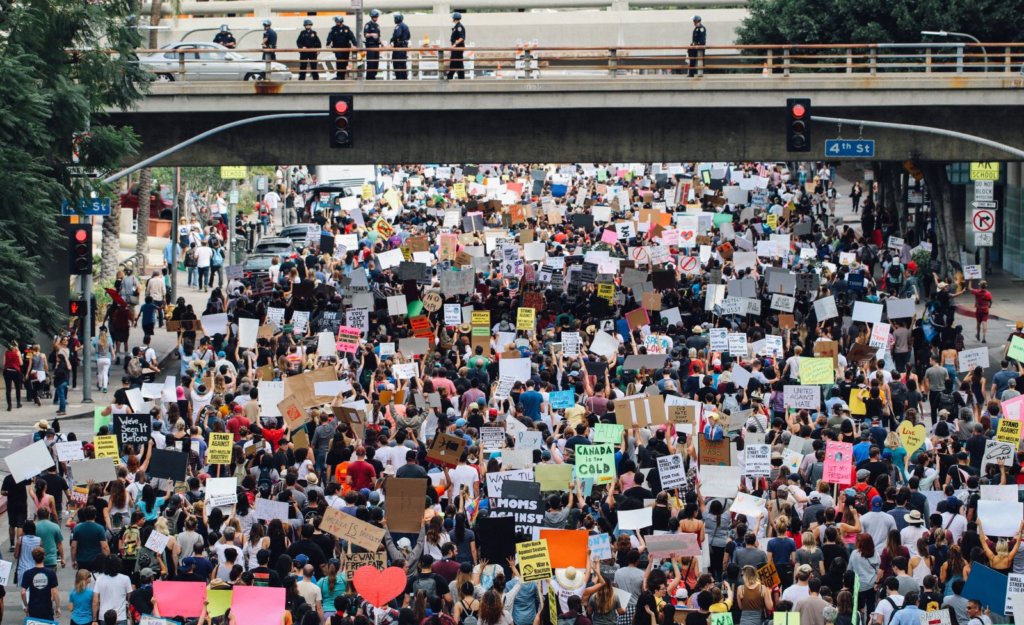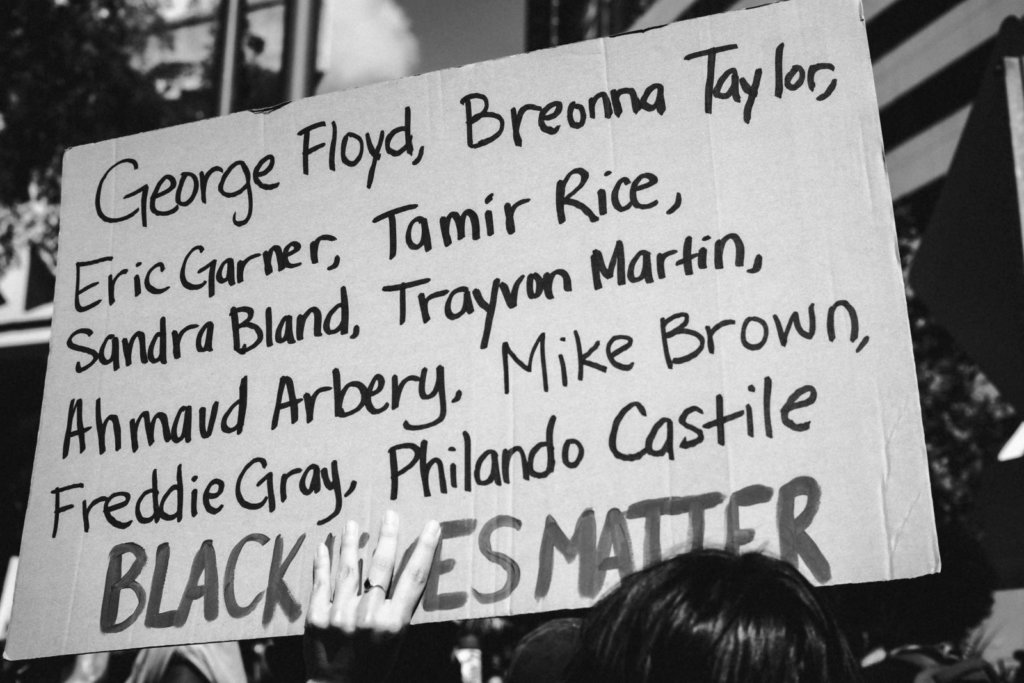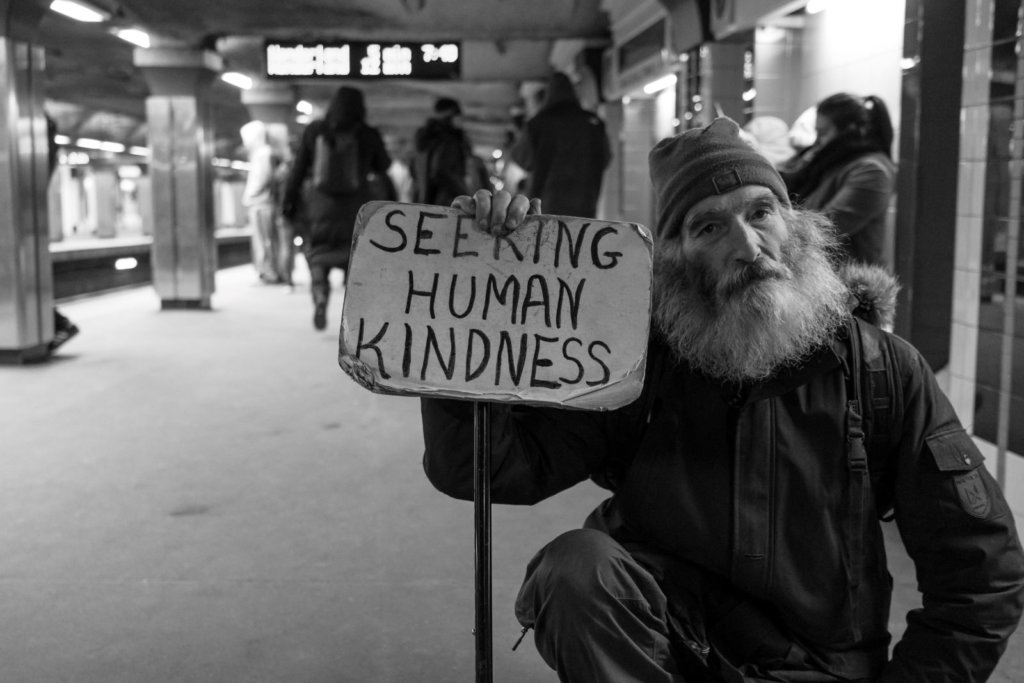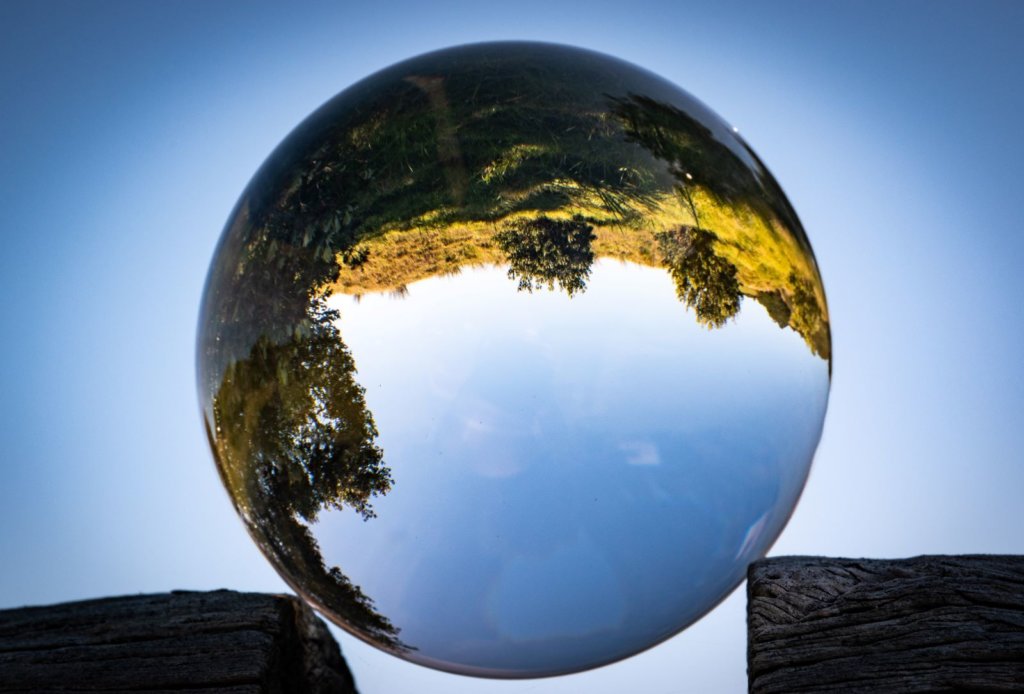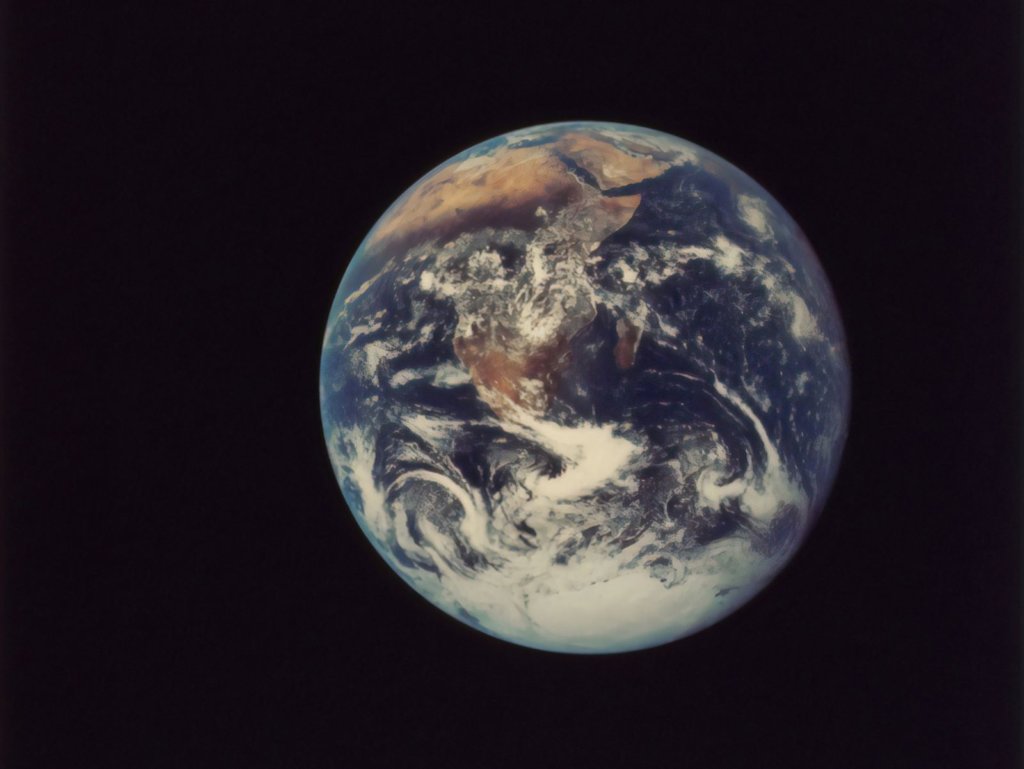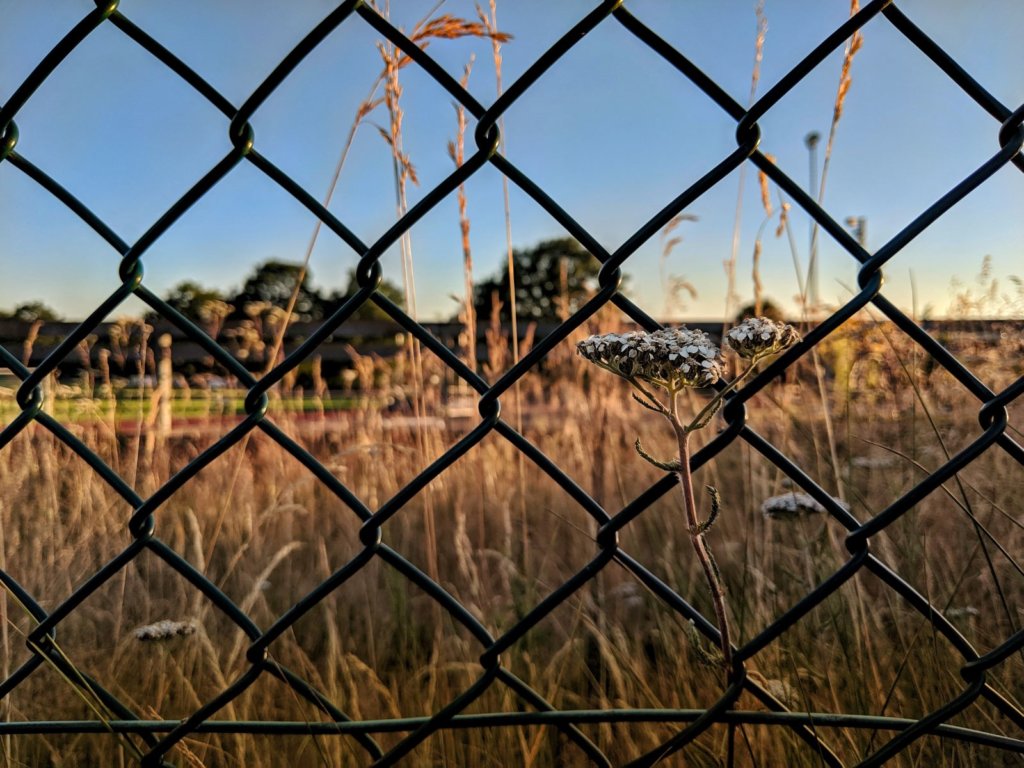The other week I saw a comment on a friend’s Facebook post that said certain people in the U.S. have a victim mentality and there are plenty of opportunities and resources to get ahead if they wanted. The comment has stuck with me like a burr in wool. I went to reply to the post and of course now I can’t find it so instead I’m writing a blogpost about it.
There’s a difference between a victim mentality and actually being a victim. For instance, in Pennsylvania, two separate studies found holding poverty as a constant, the Whiter the school district, the higher the funding. On average, the Whitest districts received thousands of dollars more than their fair share for each student, while the least White districts received thousands less for each student. Is that a “victim mentality” or actually being a victim?
In another example, four mothers are suing Jackson, Mississippi, because the school their kids attended lacked textbooks, basic supplies, experienced teachers, tutoring programs, after-school literary programs, and even toilet paper! Would you tell those children they should pull themselves up by their bootstraps and work even harder? Or maybe you’d advise a different approach and say those parents should have transferred their kids to another school, to do whatever it takes to give their kids a good education. A better question I think is why should the parents have to transfer their kids? What ever happened to the promise made to us by the state to provide a uniform system of free public schools?
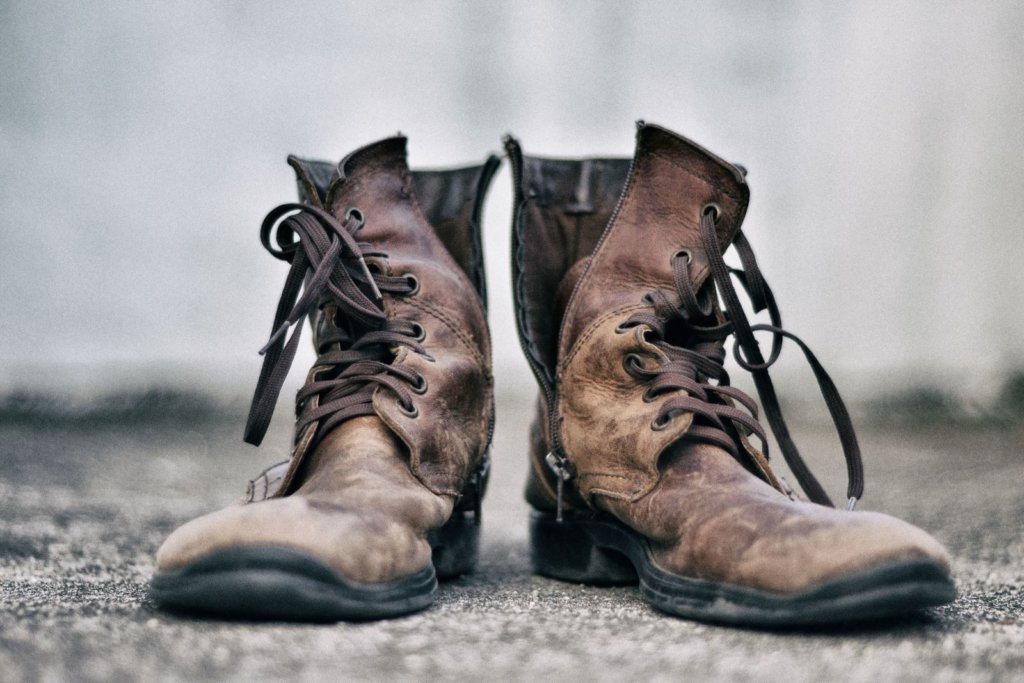
This picture makes sense if you think about the title of this post. Photo by Oziel Gómez on Unsplash
At this point some people may start talking about Darwin and survival of the fittest. How we’re playing out something inherent to human beings and our evolution. “Survival of the fittest” is an outdated idea that’s used to support callousness. The reality is we don’t live in a society where survival of the fittest operates. We have healthcare, we put curb cuts onto sidewalks to allow for wheelchair users and strollers, we have unemployment assistance. For the roughly 30 million Americans who are unemployed are we saying too bad, so sad but figure it out on your own? No. Because human beings are more compassionate than they are callous. We are more cooperative than competitive.
In fact, in 1965 when six Tongan boys were shipwrecked for 15 months they didn’t reenact Lord of the Flies – they worked together to help each other survive. That’s what human beings do. My spiritual teacher takes it a step further and says it’s our responsibility to take care of one another.
“You should always be vigilant that not a single individual of our collective body is in the least neglected or ignored,” he said. “Let not a single boy or girl feel within them that no one is concerned about them – let not a single person be allowed to think, ‘No one cares whether I have taken food or not.’ You must pay special heed to this. Particularly those of you who are in responsible positions of leadership should remember that … [Y]ou should always be concerned with others necessities, not your own. You should always think more about your duties and responsibilities than about your rights.”
Those are some strong words. I think there’s a balance because living in the society that we do, not everyone has this service mindset so it is important that I think of my own necessities otherwise I could go hungry. However, can you imagine what life would be like if we lived this way? If we felt responsible for other people in a non-codependent way? Sounds idyllic to me and exactly the sort of world I want to live in.
I dream of a world where we are concerned with others, not only ourselves. A world where every person feels cared for. A world where we feel responsible for each other. A world where every person is allowed to thrive because the collective supports them in doing so.
Another world is not only possible, it’s probable.
I have a tendency to idealize people, especially leaders. Not government officials because their peccadilloes are well documented, but other leaders like Gandhi and Dr. Martin Luther King, Jr. However, everyone has their flaws. Gandhi was a racist and had some weird, perhaps even abusive, sexual behaviors. Dr. King cheated on his wife. Did both of these men contribute to society and deserve recognition for that? Absolutely. But were they perfect? No.
That’s quite common actually for revolutionaries. I’m going to quote Rutger Bregman from a super-long article in The Correspondent. He read a book by British journalist Helen Lewis called Difficult Women that chronicles the history of feminism in Great Britain. In the book she makes the point many revolutionaries are difficult. Progress tends to start with people who are obstinate, obnoxious, and deliberately rock the boat. Also, doing good work in the world doesn’t mean a person is perfect.
Bregman writes: “Lewis’s criticism is that many activists appear to ignore this complexity, and that makes them markedly less effective. Look at Twitter, which is rife with people who seem more interested in judging other tweeters. Yesterday’s hero is toppled tomorrow at the first awkward remark or stain of controversy.”
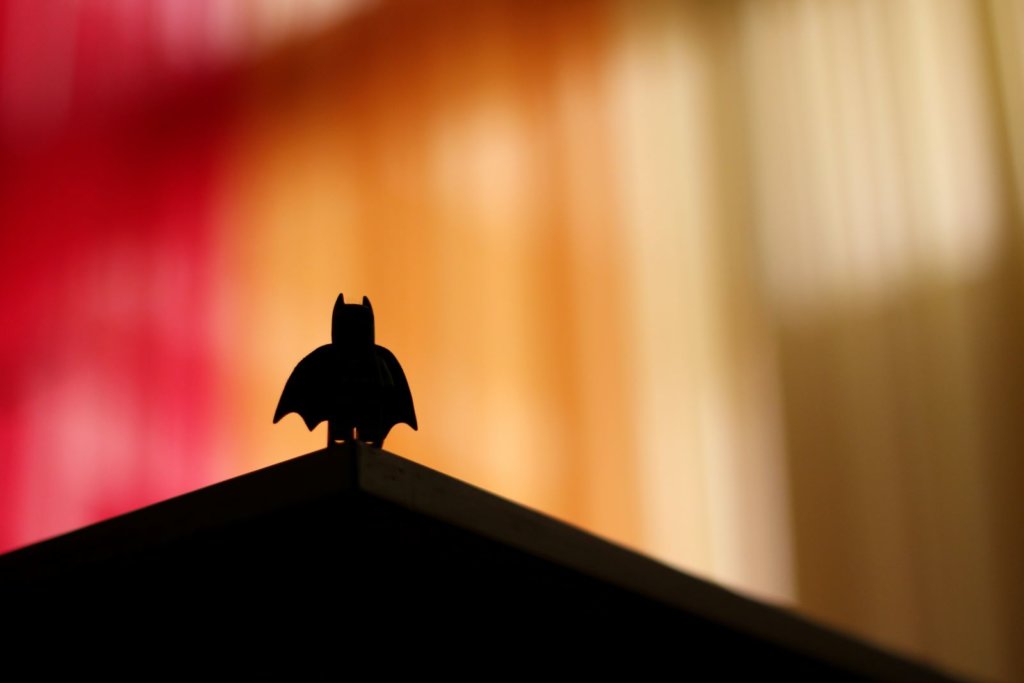
I know it’s a little silly to use a Batman figurine to illustrate this post, but Batman is a human and he’s a hero so. . . Photo by Ali Kokab on Unsplash
I’m reminded you don’t have to be perfect to make great change in the world and in fact, I take heart in that regular people with passion do that all the time. As we’ve recently celebrated Pride, I’d like to mention one such person: Marsha P. Johnson, a Black trans woman, who played a key role in the fight for LGBTQ equality. Three passionate Black women making a difference today are the co-founders of Black Lives Matter: Patrisse Khan-Cullors, Alicia Garza, and Opal Tometi.
You obviously don’t have to be a saint to be a leader, to be a spiritual revolutionary. My teacher says true leaders or spiritual revolutionaries work to achieve progressive changes for human elevation on a well-thought, pre-planned basis, whether in the physical, metaphysical, or spiritual sphere and they follow an ethical code. That ethical code includes things like not intentionally harming others, practicing benevolent truthfulness, not stealing, sacrificing to serve others, etc.
Today I am reminded that you and I can also be leaders in our own right, in our own way. If we are working to elevate humanity and doing our best to be ethical people, we fall into that category. We may never have the notoriety of any of the leaders I mention in this post, but we’re still leaders and the work we’re doing still matters. We need different people playing different roles to create change.
I’m going to end with another quote by Bregman here. He says:
“Our inclination – in talk shows and around dinner tables – is to choose our favorite kind of activism: We give Greta Thunberg a big thumbs up but fume at the road blockades staged by Extinction Rebellion. Or we admire the protesters of Occupy Wall Street but scorn the lobbyists who set out for Davos.
“That’s not how change works. All of these people have roles to play. Both the professor and the anarchist. The networker and the agitator. The provocateur and the peacemaker. The people who write in academic jargon and those who translate it for a wider audience. The people who lobby behind the scenes and those who are dragged away by the riot police.”
I dream of a world where we all work together to make a better society. A world where we recognize we all have the capacity to be leaders. A world where we remember we don’t have to be perfect to make a difference. A world where we see ourselves for the heroes we are.
Another world is not only possible, it’s probable.
While watching a movie that addressed publishing the Pentagon Papers, what struck me the most is multiple presidential administrations maintained U.S. involvement in Vietnam because they didn’t want other countries to lose respect for us. Setting aside how screwed up that is, I can’t think of a single country that still has respect for the U.S. OK, maybe Brazil, which also has a fascist leader, but otherwise the pickings are slim. These days Trump doesn’t seem to care one iota what other countries think of the U.S. and instead only cares about appealing to his base: primarily white, Christian men who are racist.
I want to address that term, racist. Robin DiAngelo, author of White Fragility, said, “We have to stop thinking about racism simply as someone who says the N-word.” Meaning it’s possible some Trump supporters (but not only his supporters) are racist but think they aren’t because they don’t use the N-word or they have friends who are people of color. Racism is a system that benefits white people – it’s prejudice plus power. And white people who want to maintain the status quo are supporting racism.
Trump does not fall into the camp of someone who is unaware he’s racist; he’s blatantly so. One only has to look most recently at his decision to hold the now-moved rally in Tulsa on Juneteenth as evidence of that. If you don’t know, Tulsa is the site of one of the worst incidents of racial violence in the nation’s history. In 1921, hundreds of black people were attacked by a white mob that looted and burned many black-owned businesses and homes in the Greenwood District, a neighborhood that was then known as “Black Wall Street.”
Trump’s racism is calculated and it’s precisely why he’s in power. Back in 2017, the Atlantic published an excellent essay by Ta-Nehisi Coates, an excerpt from his book We Were Eight Years in Power. Coates said, “In recent times, whiteness as an overt political tactic has been restrained by a kind of cordiality that held its overt invocation would scare off ‘moderate’ whites. This has proved to be only half true at best. Trump’s legacy will be exposing the patina of decency for what it is and revealing just how much a demagogue can get away with.”
Coates said Donald Trump is the first white president because he “moved racism from the euphemistic and plausibly deniable to the overt and freely claimed.”
It was true in 2017 and it’s still true now. How much can a racist demagogue get away with? Especially when he’s no longer pretending to be a decent man, to care about what other people or other countries think of him? The answer as we’ve seen is quite a lot.
A part of me wants to fast forward to 2021 when I sincerely hope Donald Trump is out of office, but the reality is, what Trump embodies doesn’t go away with a new president. He’s merely a symbol of what’s been here all along. It’s up to us to create a more just society and also to remind elected officials they work for us and not the other way around.
I’m heartened by the current protests because that dynamic is playing out. When the Minneapolis City Council unanimously passed a resolution to replace the police department with a community-led public safety system, it was a signal that public outrage can make a difference.
There is power in the collective, both good and bad. We can either use our collective power to maintain the status quo, to support inequality of all kinds, or we can do something different. We can band together to create a world we’d like to see. I, of course, want that better world.
I dream of a world where we use our collective power to remind the government they work for us. A world where we dismantle racism as well as all other -isms. A world where we win back the respect of other countries because we’re operating with respect. A world where power returns to the hands of the collective, where it belongs.
Another world is not only possible, it’s probable.
You know the saying, “History doesn’t repeat itself but it often rhymes”? I’m finding that to be true. We’re currently rhyming not only with the 1960s, but also the 1860s. That may sound strange for me to say. How is what the U.S. is going through now anything like the Civil War era?
I’d say we’re already engaged in another civil war, albeit nontraditionally. We don’t have troops marching against one another, but we’re already seeing a fight pitting brother against brother, sister against sister, and sibling against sibling for people who identify as nonbinary. We’re fighting online, in homes, on the streets. We’re fighting with words, and actions, and yes, also guns.
This civil war, like all civil wars, is a battle between the oppressed and the oppressor. For this civil war though, there are no discernible uniforms. It’s harder to identify who’s on what side. Amy Cooper, the woman who called the cops on Christian Cooper in New York City, identifies as a liberal. At least it seems that way given her campaign contributions. It’s not so easy to say Democrats are social justice warriors and Republicans only care about themselves. It’s also not so easy to say if you’re a person of color you’re automatically fighting for justice because one only has to look at the discriminatory policies Ben Carson supports in order to see that’s not true.
A key difference with this civil war though? There is no “North” to escape to. There is no place in the U.S. where people of color have true freedom. George Floyd was killed in Minnesota. So was Philando Castile. “Barbecue Becky” called police on black men barbecuing in my own state of California. These days we’re fighting for a metaphorical North. I say “we” because even though I’m not a person of color, I still have a stake in the game.
The Reverend Dr. Martin Luther King Jr. famously said, “No one is free until we’re all free.” I agree. My freedom, my ability to thrive in this world, is dependent on others being able to do the same. It’s part of why I mentioned in my last post that collective welfare is more important than individual welfare. We can relate that to this ongoing pandemic: If I contract COVID-19, I can spread it to other people. Your health is dependent on my health. That’s why we’re staying at home right now.
If you want another example, when more women work, economies grow, according to the United Nations. If female employment rates in more countries matched that of Sweden, it could boost gross domestic product by more than $6 trillion, the UN said. However, gender gaps cost the economy 15% of gross domestic product.
What would the world look like if people of color were allowed to thrive? What kind of contributions would they be able to make if they didn’t have to work so darn hard just to live? If they didn’t have to be in fear all the time? If they could operate in the world like, well, the average white person?
That’s the world I’m not only dreaming of, but fighting for. I’m not on the streets because my nervous system can’t handle it, but I’m contributing when, where, and how I can. And until that world exists, I’ll continue to fight for it and also dream of it.
I dream of a world where everyone is allowed to thrive no matter their race, ethnicity, gender, sexual orientation, or religion. A world where people can express the fullest, truest versions of themselves without fear. A world where we stand up for one another knowing we’re all interconnected.
Another world is not only possible, it’s probable.
I’m upset right now. I’m upset by callousness, by selfishness, and the expression of various -isms (racism, classism, antisemitism, etc.). It hurts my heart to hear people say things like, “All homeless people should be euthanized for their own good,” or “I don’t care if other people suffer because I’m fine.” Someone on my Facebook feed even said, “I don’t like Jews. They’re not trustworthy.” As a Jewish woman, that one in particular hit home.
I’ve literally cried about all of these statements. I have so much grief that people can be this mean. My first impulse is to argue, to point out statistics and news articles that counter the person’s point of view. However, as you likely already know, that doesn’t work. That’s why there are so many memes about how arguing on the internet accomplishes nothing. If anything, once you start arguing with someone, they only become more entrenched in their point of view.
I brought all of this sorrow to my meditation, holding the question, “What can I do about all of this?” and the answer that came back was the peace prayer that is often misattributed to St. Francis. I’m sharing it in full here:
Lord, make me an instrument of your peace.
Where there is hatred, let me bring love.
Where there is offense, let me bring pardon.
Where there is discord, let me bring union.
Where there is error, let me bring truth.
Where there is doubt, let me bring faith.
Where there is despair, let me bring hope.
Where there is darkness, let me bring your light.
Where there is sadness, let me bring joy.
O Master, let me not seek as much
to be consoled as to console,
to be understood as to understand,
to be loved as to love,
for it is in giving that one receives,
it is in self-forgetting that one finds,
it is in pardoning that one is pardoned,
it is in dying that one is raised to eternal life.
We see that this sentiment works. It’s the story of former KKK Grand Dragon Ken Parker who left the group after repeated encounters with people who he used to consider his enemies. It’s the story of ex-KKK member Chris Buckley who befriended Dr. Heval Kelli, a cardiologist, civil rights activist, and oh yeah, a Muslim.
It’s also in line with my spiritual philosophy. My teacher said genuine love for humanity is the only way to solve problems great and small.
“This love will give people guidance; it will show them what to do and what not to do,” he said. “It is not necessary to study great numbers of books or to rely upon those who speculate with the future of the silent masses. The only essential requirement is to look upon humanity with genuine sympathy.”
That feels both easy and difficult right now. I have lots of sympathy for marginalized groups, but not so much for people who are antisemitic, for instance. However, I know that people who have been hurt themselves hurt other people. This woman who said Jews aren’t trustworthy is also coming from a place of wounding, and me railing against her will only calcify her opinion that Jews are terrible. The best thing I can do for anyone is continue to love them, to show them kindness, and remind them we aren’t so different after all.
I dream of a world where we embody the peace prayer as much as we can. A world where we sow love instead of hate. A world where we bring harmony in the time of discord. A world where we bring light into darkness. A world where we become the type of person we want others to be.
Another world is not only possible, it’s probable.
Something I find fascinating about this time period is I think almost everyone feels powerless to some degree. That could be because they’re unsure whether they’ll contract COVID-19, or if their loved ones will die. People may be feeling powerless over what’s happening with the economy, or the fact they’re living under quarantine. Powerlessness could also arise over something as small as being able to buy butter and flour.
It’s interesting to notice how people are responding to that powerlessness. Some folks are diving into substances like food and alcohol. Others are chafing against the stay-at-home order and instead clamoring to reopen their state. The anti-quarantine folks remind me of early American revolutionaries in some respects, but also I think they’ve lost touch with why we revolted in the first place.
If you look back at American history, King George III heavily taxed the colonists to refill the British coffers after winning the French and Indian War. The colonists were taxed without representation and pissed about it, eventually defying the government and revolting. We revolted against an unjust, inequitable system that benefited the wealthy elite an ocean away.
These days, the people who are defying government orders seem to think they’re tapping into the American spirit that values freedom, but in actuality, they’re putting themselves and others in harm’s way. If we take a look at who’s benefiting from this pandemic right now, it’s again the wealthy elite. But instead of being tied to the government, these days the wealthy elite are tied to corporations. In an era when corporations are considered people, they are the ones being protected through this pandemic, not you and me. You and I are left to flounder, to figure it out on our own. Again, for me that harkens back to revolutionary times, which is fitting at least from an astrological perspective.
The U.S. is undergoing its Pluto return. What that means is Pluto is in the same position it was when the country was founded. A positive use of Plutonic energy is a greater sense of empowerment, strengthening will, and transformation. A negative use of that energy is power struggles with dominating individuals or institutions, a clash of wills, and destruction.
The last time Pluto was in this position, a mentally ill man (King George III) ruled over the U.S. and exploited its citizens for his own gain. I’d argue we’re seeing another mentally ill man rule over the U.S. and exploit its citizens for his own gain. While it’s easy to feel disheartened by everything happening, and believe me, sometimes I do, this period is also an opportunity.
We have a chance for rebirth and transformation. A chance to really live the values this country was founded on: life, liberty, and the pursuit of happiness. And instead of those tenets only applying to wealthy white men, they can apply to everyone. This is our chance to create a country that values and supports all people. This is our time to honor real happiness that isn’t tied to material gain at the expense of the planet. To live in harmony with all living beings. This is our time to evolve into a better version of ourselves, our country, and our planet.
I dream of a world where we wrest power from the powerful and create a more just society. A world where every person is allowed life, liberty, and the pursuit of happiness. A world where we respect not only each other but all living beings. A world where we also act as stewards for the planet itself and enact a planetary revolution.
Another world is not only possible, it’s probable.
The other day I went for a walk in the woods by my house. While on the trail, an animal turned around and stared at me for several seconds. It reminded me of a dog, but I didn’t spot an owner and also the face was too triangular. Was this some sort of cat? I kept walking and again the animal turned around. We had another moment. After seeing its tail, I realized, “That’s a fox!” I’d never seen a fox before despite living in a variety of environments. Also, the foxes from children’s books are usually deep red while this creature was more brown.
When I came home, I looked up the meaning of foxes in the book Animal-Speak by Ted Andrews. The whole entry didn’t resonate with me, but one part did. Foxes reflect “a new world opening up, that the process of creation is beginning. It reflects that the world is growing and shapeshifting itself into new patterns that will be beneficial.”
I know COVID-19 is affecting people negatively, me too, so I don’t want to downplay that, but I’m also wondering if we’re shapeshifting into new patterns that will be beneficial for us. I think about how the National Health Service, the U.K.’s medical care system, sprang from the crisis during World War II. The government started Emergency Hospital Service to care for the wounded during the war because the issue of health provisions was a growing problem. We’re starting to see that in California right now too. The state bought two vacant hospitals to help with the influx of patients due to COVID-19. Are we seeing the beginnings of nationalized healthcare? Maybe.
I also think about how FDR enacted the New Deal during the Great Depression. He promised he would act swiftly to face the “dark realities of the moment” and assured Americans he would “wage a war against the emergency.” I realize Trump is no FDR, but perhaps this is where state’s rights will come into play more and each state will enact policies to benefit its residents.
On a micro level, people seem to be kinder right now. Neighbors are helping neighbors, people are checking up on the elderly, procuring food for those in need, and donating when and where they can. I’ve heard many a comparison to the days following 9/11, but I didn’t live in New York then and didn’t experience the outpouring of kindness and consideration that so many people mention. In my part of the world, things pretty much continued as usual. In this time, we are all affected regardless of our geography. The entire globe is experiencing the same thing to a greater or lesser degree.
My spiritual teacher says during periods of psychic and physical clash like we’re all experiencing “the existential feelings of human beings do not remain confined to their physical bodies alone, but spread to those around them. Initially they think about the welfare of the members of their own families, but with the gradual evolution of their minds, they see themselves as members of a global society and become actively engaged in promoting the well-being of all.”
I think that’s what’s happening here, at least for now. We’re seeing ourselves as part of a global society and promoting the well-being of all. Things are hard and scary right now, absolutely. But maybe as a result of this pandemic we’ll all start caring about each other more and we’ll enact programs that benefit the many instead of the few. That’s my wish anyway.
I dream of a world where we recognize we’re all in this together. A world where we understand we’re a global society and it’s important to promote the well-being of everyone. A world where we take better care of each other because we recognize what affects one person affects us all.
Another world is not only possible, it’s probable.
On Friday, I came home and found my plants had been cut. My jasmine, lovingly tended to for the past three years, was reduced to a wisp. My long, woody-stemmed wildflower vanished. Shock, grief, betrayal – I felt all those things. I realize some people might be scratching their heads saying, “They’re just plants. They’ll grow back.” But like I wrote about last week, I operate under the belief all living beings have souls. My plants are like my pets – I talk to them, they have names. I care whether they live or die. I’m very attached to my plants.
The experience also has me contemplating what many black and brown people are undergoing right now. They come home from work or school and find their loved ones just gone, vanished. If I felt this way about my plants, how much worse must it be with a family member? How can we do this to one another? The answer? We have an identity problem, in my opinion.
When children are ripped from their parents, some people will say, “Well, they’re not my children,” and leave it at that. Or they’ll spout rationalizations for why inhumane treatment is justified: “They broke the law,” or something similar. It’s a way of cutting themselves off from others. People who don’t seem to mind children sitting in cages have a boundary to their identity.
Let’s talk about identity a bit more. When you ask someone, “Who are you?” They’ll likely state their name and then other labels like gender, age, ethnicity, etc. If you ask them to go a little deeper, they might start talking about their family or nationality. Maybe they’ll mention their political affiliation. All of that is fine – I’m not saying there’s anything wrong with identifying in that way, but can identity go further than that? If we stop our identity at a certain point, when I talk about “my” children and “your” children, it’s easier for me to put “your” children in cages.
My friend gave a talk about this last summer and he asked, “How is it we can celebrate and protect human diversity while seeking to transcend divisions so we can socially cohere into something deeper, truer, to who we are on the inside rather than how we project on the outside?” Meaning, how do we keep our labels but also go beyond them?
Because that’s the truth, isn’t it? I’m not just my name, age, and gender. If you took all of those things away, wouldn’t I still be me? In various types of meditation, the point is to get in touch with the unchanging “you.” The “you” that’s calm and ever present. The “you” that’s unaffected by superficial trappings. And the more we touch that part, the more we realize everyone has that part. That Self exists universally. I see myself in others and others in myself. It’s why I get upset about dying plants and children in cages.
Some people might say I feel that way because I’m so openhearted. That’s true, I am, but I would also argue it’s because of how I identify. I identify with plants, animals, children. My identity is one of inclusion rather than exclusion.
Everything I’m talking about is the philosophy of neohumanism. Truthfully, neohumanism is more than a philosophy, it’s a worldview that guides every step. It allows me to sink into who I really am at the core. If we all practiced that more, I doubt we’d have children in cages or environmental atrocities because we’d recognize we are more than the bodies we inhabit.
I dream of a world where we recognize who we really are. A world where we identify with more than our limiting labels, not as a way of discarding them, but rather recognizing we are also much more than our labels. A world where we tap into an unchanging, eternal Self and see that Self in others. A world where we remember I am you, you are me, and we are one.
Another world is not only possible, it’s probable.
Many things are on my mind and heart right now. Watching Australia burn, I feel powerless and scared. It’s destruction of epic proportions and my heart breaks for the people and animals affected by the fires. I also feel powerless and scared as I watch President Trump’s aggressive actions toward Iran. What really freaks me out is that neither he nor many of those in power seem to care one iota what the vast majority of Americans want. He’s hellbent on marching toward war in order to stay in power.
The whole thing makes me want to burrow under the covers and tune out the world. In fact, I did a little bit of that today – I stayed in bed two hours after I woke up meditating, reading, and endlessly scrolling through facebook and instagram. The book I’m reading, Maybe You Should Talk to Someone, is by a therapist who realizes she needs therapy herself. In it, Lori Gottlieb writes numbness isn’t absence of feeling, it’s overwhelm at having too many feelings. That’s sure the case for me.
Where do I, or we, go from here? How do I navigate the deluge of information and emotion spewing my way? Chani Nicholas, an astrologer I follow, said: “We maneuver around despair by focusing on the little wins, the quality of our connections, and the blessing of second chances after we’ve made a mess of things. We have to live out our potential, our dreams, and our destinies one caring act at a time. Like our life depends on it. Like our future is waiting for it. Like it is what we were born to do. Anything that derails us from this aim doesn’t deserve access to our days, nights, or rituals.”
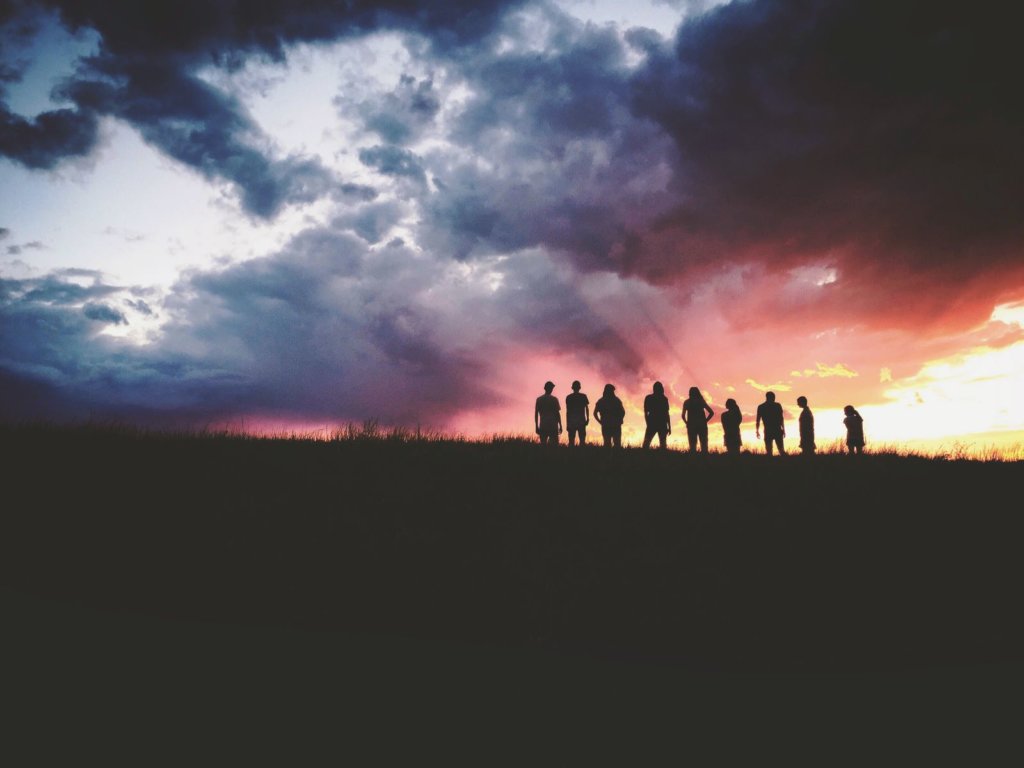
Little by little adds up to something, and something is better than nothing. Photo by Hudson Hintze on Unsplash
Little wins. Right now the majority of people around me are caught up in the fervor of the new year – excited for a fresh start, amping themselves up with resolutions and intentions and things they’re claiming for this year. People are making plans, envisioning how they want their lives to go. Awesome! As for me, I’m reminded I can start over at any time. It doesn’t have to be the new year or a Monday or even the morning to start fresh. I can start my day over at 10 p.m. on a Tuesday. This year I’m retreading my goals from 2019 – the ones I put on the back burner because I chose to focus on other things, rightly so. For instance, I opened a retirement account for myself. I’m not sure I’ll be able to contribute much every month, but I decided something small is better than nothing. And at this point, it’s important for me to just start, even if I don’t wind up where I’d like to be.
That mindset feels like the wisest thing I can share right now: just start. Will my $10 donation to a firefighter unit make a vast difference in Australia? No, but my donation plus your donation adds up to something, and something is better than nothing. Will I single-handedly be able to stop a war with Iran? No, but my voice plus your voice still matters, and even though I don’t have a lot of faith in many politicians right now, it’s still important for me to try.
I’d like to end with a quote from my spiritual teacher. He says, “There are some people who are pessimistic. They say that the society around us is very bleak … Pessimists say this because they have never made any detailed study of human history, nor do they care to. Had they done so, they would certainly be optimistic, because if they had looked carefully at the symptoms of pause, they would have realized that significant preparations were being made for the subsequent phase of speed. So under no circumstances should human beings be pessimistic. That is why I am always an incorrigible optimist, because I know that optimism is life.”
It may seem naive and foolish to be optimistic right now, but for me also, optimism is life. I don’t function well without optimism and what the world needs from me and from all of us right now is function. We need as many high-functioning people as we can get, and if that means being optimistic, if that means celebrating little wins, if that means focusing on the quality of our connections, so be it.
I dream of a world where we realize something is better than nothing and we act accordingly. A world where we celebrate small wins and keep putting one foot in front of the other. A world where we do whatever it is we need to do to make it through challenging times in a way that’s loving and caring for all living beings.
Another world is not only possible, it’s probable.
Right now it’s Hanukkah, which is a holiday I celebrate because I’m Jewish. There’s a part of me that feels nervous publicly stating I’m Jewish given the current rise of antisemitism. But then I remind myself people already know I’m Jewish. I’ve never hidden that before so why would I start now? And in fact, that’s precisely the story of Hanukkah.
Some people think of Hanukkah as the “Jewish Christmas” because hello, we live in a capitalistic culture so it’s all about the gifts, right? Other people vaguely know Hanukkah as a celebration of oil lasting for eight days. That legend was tacked on later to make Hanukkah seem more miraculous. In actuality, Hanukkah is the celebration of people unifying against oppression and winning.
Judah and the Maccabees revolted against Syrian King Antiochus who enacted a series of harsh decrees against the Jews, including forcing them to give so much of their crops to the Syrian ruling class, the Jews had trouble feeding their families. Jewish worship was forbidden; scrolls were confiscated and burned. Sabbath and the dietary laws were prohibited under penalty of death. The small group of Jewish rebels fought against an army of thousands of men and won. How did they win? According to my rabbi, Michael Lerner, they won in part because they believed there is something about the universe that makes such struggles winnable.
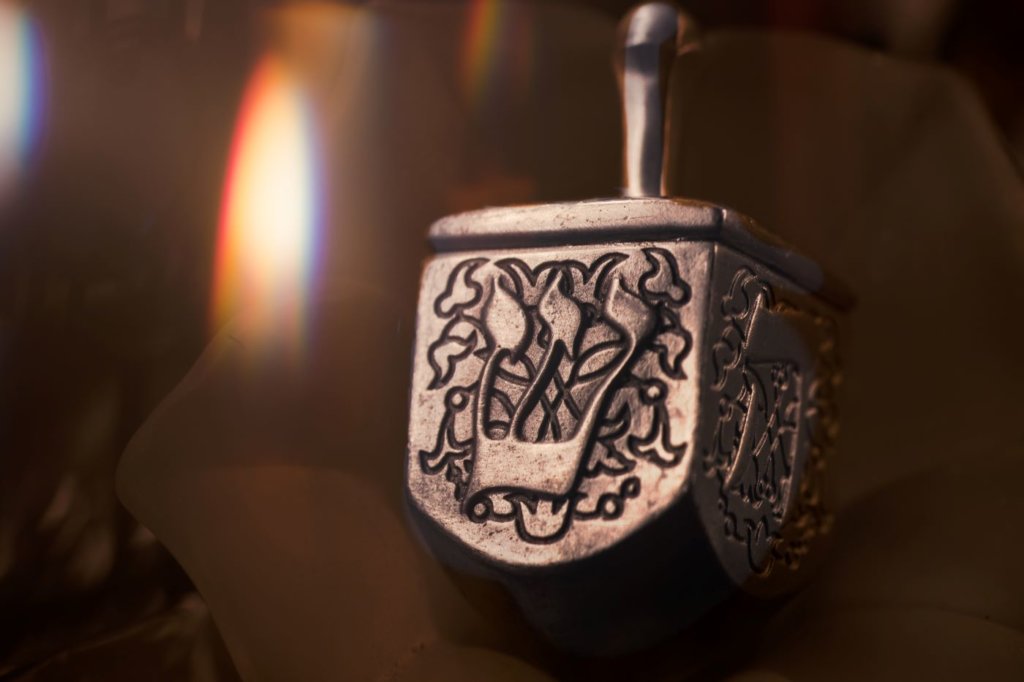
In case you didn’t know, this image shows a dreidel. It’s used in a game Jews play on Hanukkah. Photo by Robert Zunikoff on Unsplash
In a Hanukkah message, he wrote that “something,” that force, is celebrated when we light candles for Hanukkah or when Christians light candles for Christmas.
“Hanukkah is not just about having a response to the consumption craze around Christmas, it is about affirming a different worldview, a hopeful worldview. [It’s] about replacing cultures of domination with a culture of love and justice,” Rabbi Lerner wrote. “[Hanukkah is also about] recognizing that alternative is not yet fully articulated in the Jewish world and needs all of us to make it clearer not only to the larger world, but to our own communities, synagogues, and Jewish organizations.”
This Hanukkah I’m reminded of what it means to be Jewish: to struggle and to overcome. To be a minority fighting for justice. To join other minorities in doing the same. This Hanukkah I’m also reminded we can win. It seems grim or even impossible that we can wrest power from the wealthy elite hellbent on destroying us all for their own gain. It seems daunting to dismantle racism, sexism, homophobia, and other prejudice, but it can be done. A small but mighty few can accomplish just that.
To paraphrase my spiritual teacher, the strength of five good people is more than the united strength of a hundred immoral people. It also echoes the famous Margaret Mead quote: “Never doubt that a small group of thoughtful, committed citizens can change the world; indeed, it’s the only thing that ever has.” Let’s continue to be thoughtful, committed, organized citizens changing the world. Let’s remember battles that seemed unwinnable have been won, and in fact, that’s what Jews across the world are currently celebrating.
I dream of a world where we recognize there is a transformative force in the universe that makes liberation possible. A world where we recognize a small but mighty group of organized people can overthrow authoritarian regimes. A world where we band together, letting our collective light shine and say “no” to the people who try to keep us down.
Another world is not only possible, it’s probable.
